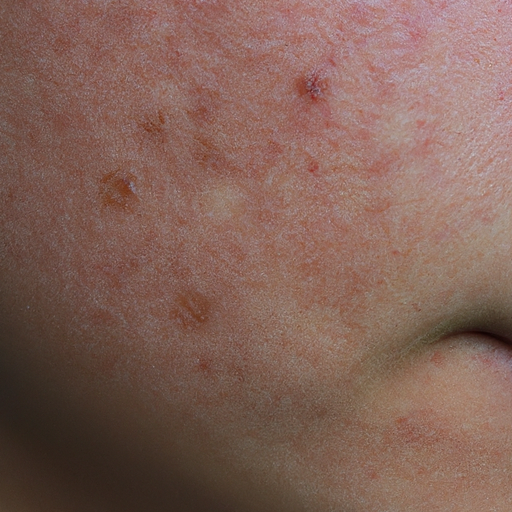As a dermatologist, I have spent years studying and treating various skin conditions, with acne being one of the most common. Acne is not just a teenage problem; it affects people of all ages and can be a source of embarrassment and frustration. However, there are several strategies that can help manage this condition and promote clear skin. Here, I will share some dermatologists’ best-kept secrets for acne relief.
Firstly, it is essential to understand that acne is not caused by dirt. This misconception often leads people to over-wash or scrub their faces, which can worsen the condition. Acne is primarily caused by the overproduction of oil, clogged pores, bacteria, and inflammation. Therefore, the first secret to managing acne is gentle cleansing. Use a mild, non-comedogenic cleanser twice a day to remove excess oil and dead skin cells without irritating your skin.
Next, moisturize regularly. It may seem counterintuitive to apply moisturizer on acne-prone skin, but dryness can actually stimulate more oil production, leading to more breakouts. Look for oil-free and non-comedogenic moisturizers that won’t clog your pores.
Another secret lies in the ingredients of your skincare products. Salicylic acid and benzoyl peroxide are two key ingredients that dermatologists recommend for acne treatment. Salicylic acid helps unclog pores and reduce inflammation, while benzoyl peroxide kills acne-causing bacteria. Retinoids are also effective as they promote cell turnover and prevent clogging of pores. However, these ingredients can be drying, so start with lower concentrations and always use them in conjunction with a moisturizer.
Diet also plays a role in managing acne. While the link between diet and acne is still a subject of research, some studies suggest that high-glycemic foods (those that cause a rapid rise in blood sugar) may exacerbate acne. Try to incorporate more fruits, vegetables, lean proteins, and whole grains into your diet while reducing your intake of processed foods and sugars.
Stress management is another crucial yet often overlooked aspect of acne treatment. Stress doesn’t directly cause acne, but it can trigger hormonal fluctuations that lead to increased oil production. Regular exercise, adequate sleep, and relaxation techniques such as yoga and meditation can help manage stress levels.
Lastly, never underestimate the power of sun protection. While some people believe that sun exposure can help clear up acne, the truth is that it can lead to skin damage and worsen existing acne. Always apply a broad-spectrum sunscreen with an SPF of 30 or higher every day, even when it’s cloudy.
While these tips can significantly improve acne, it’s important to remember that everyone’s skin is different. What works for one person may not work for another. If over-the-counter treatments aren’t helping, or if your acne is severe or causing distress, don’t hesitate to seek professional help. Dermatologists can provide personalized treatment plans and prescribe stronger medications if necessary.
In conclusion, clear skin is achievable with the right care and treatment. The journey to acne-free skin may be long and sometimes frustrating, but with patience and consistency, you can unmask the clear, healthy skin beneath. Remember, the goal is not perfection but improvement. Your skin is a reflection of your overall health, so take care of it from the inside out and be kind to yourself along the way.



